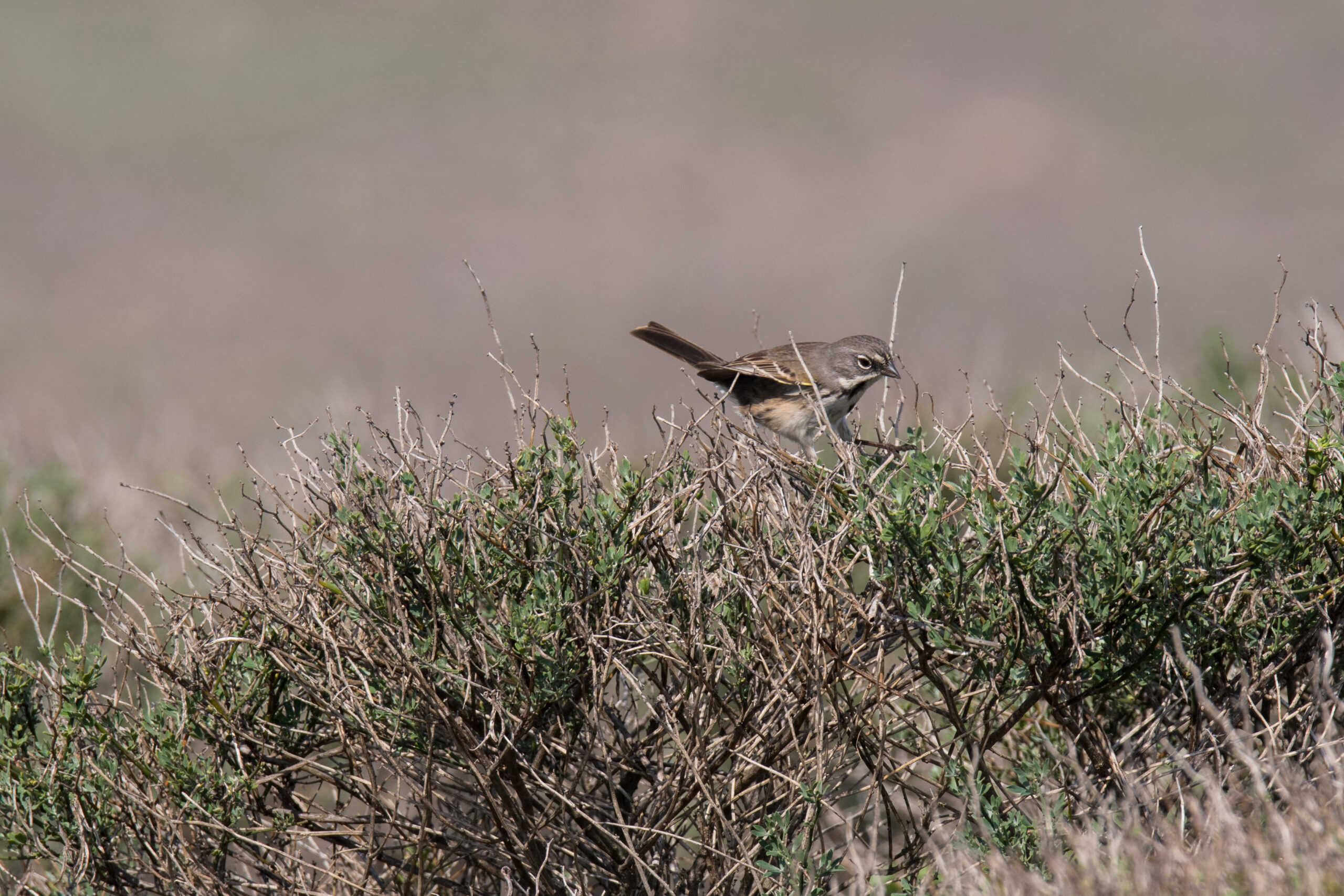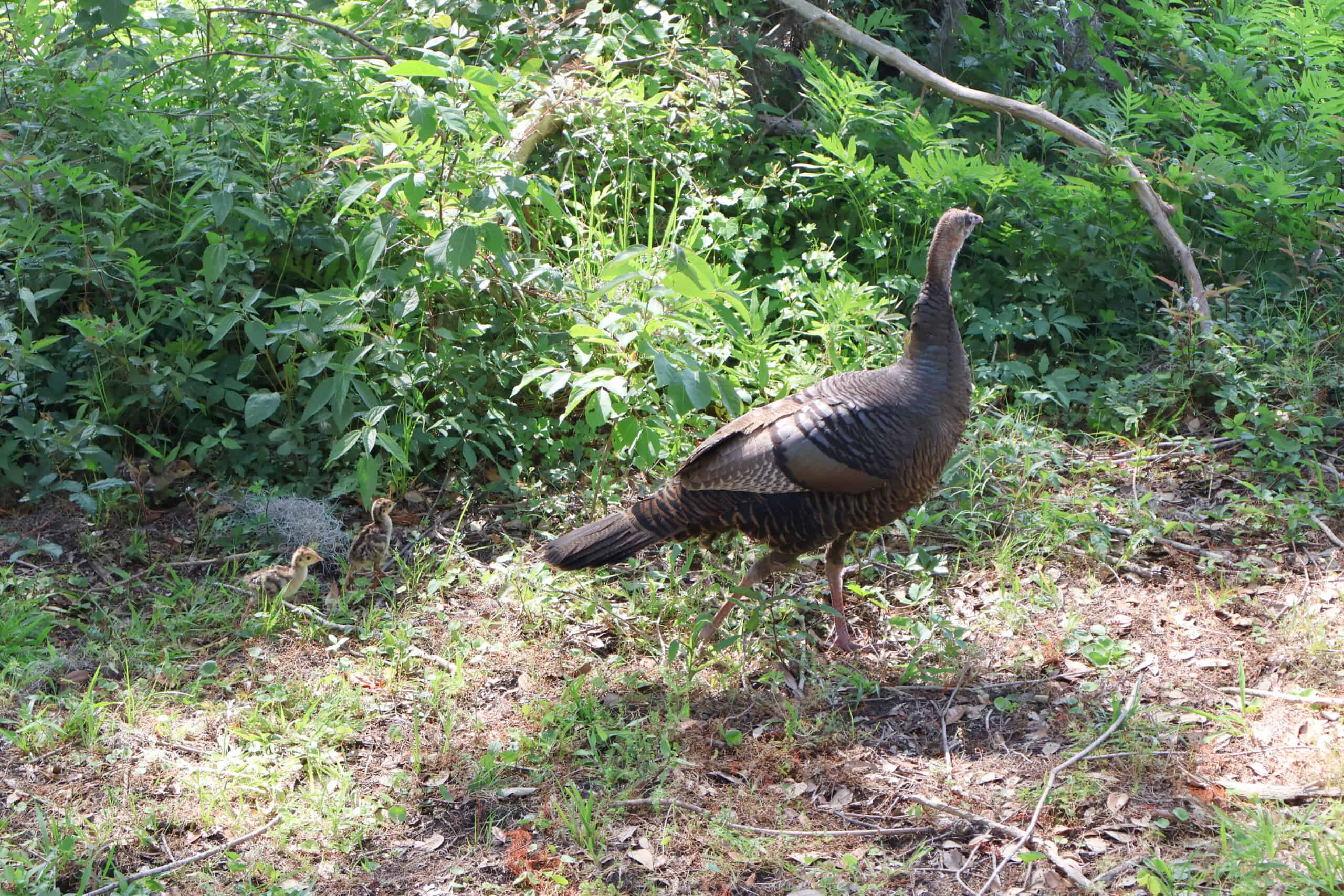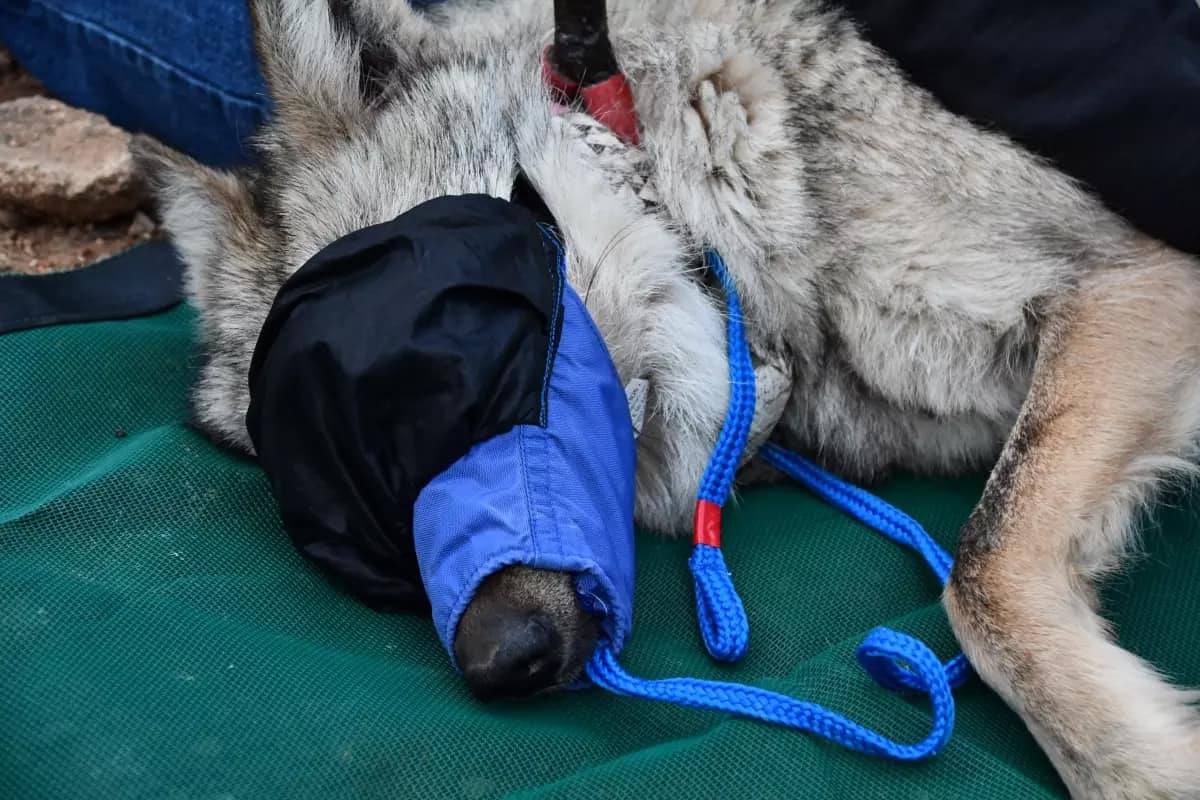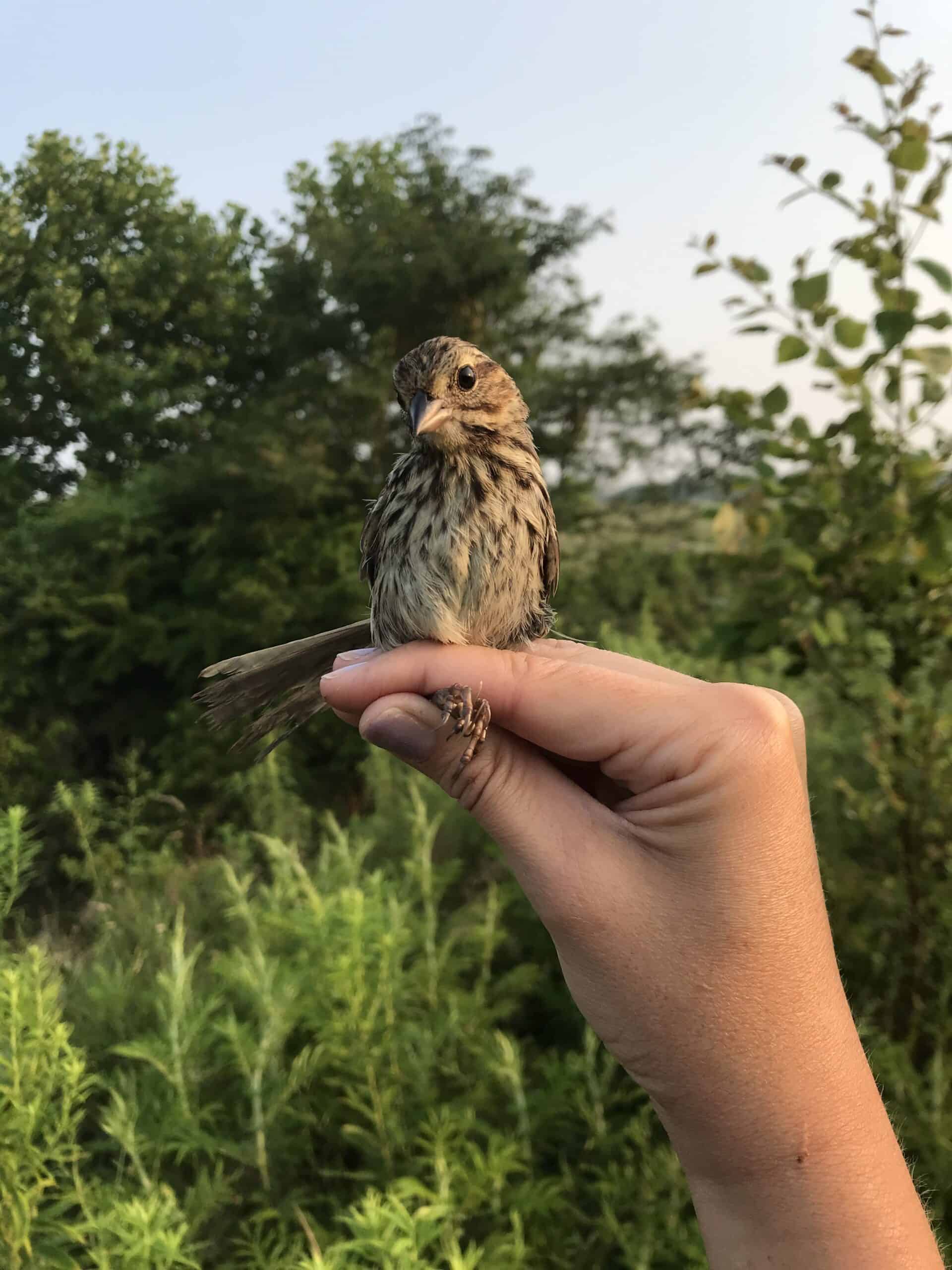
In the cities, male sparrows do it all
Urban males defend their territories and take care of their chicks

TWS Baltimore logo winner takes inspiration from the Chesapeake
Claire Huang featured herons, crabs, terrapins and river otters in her design
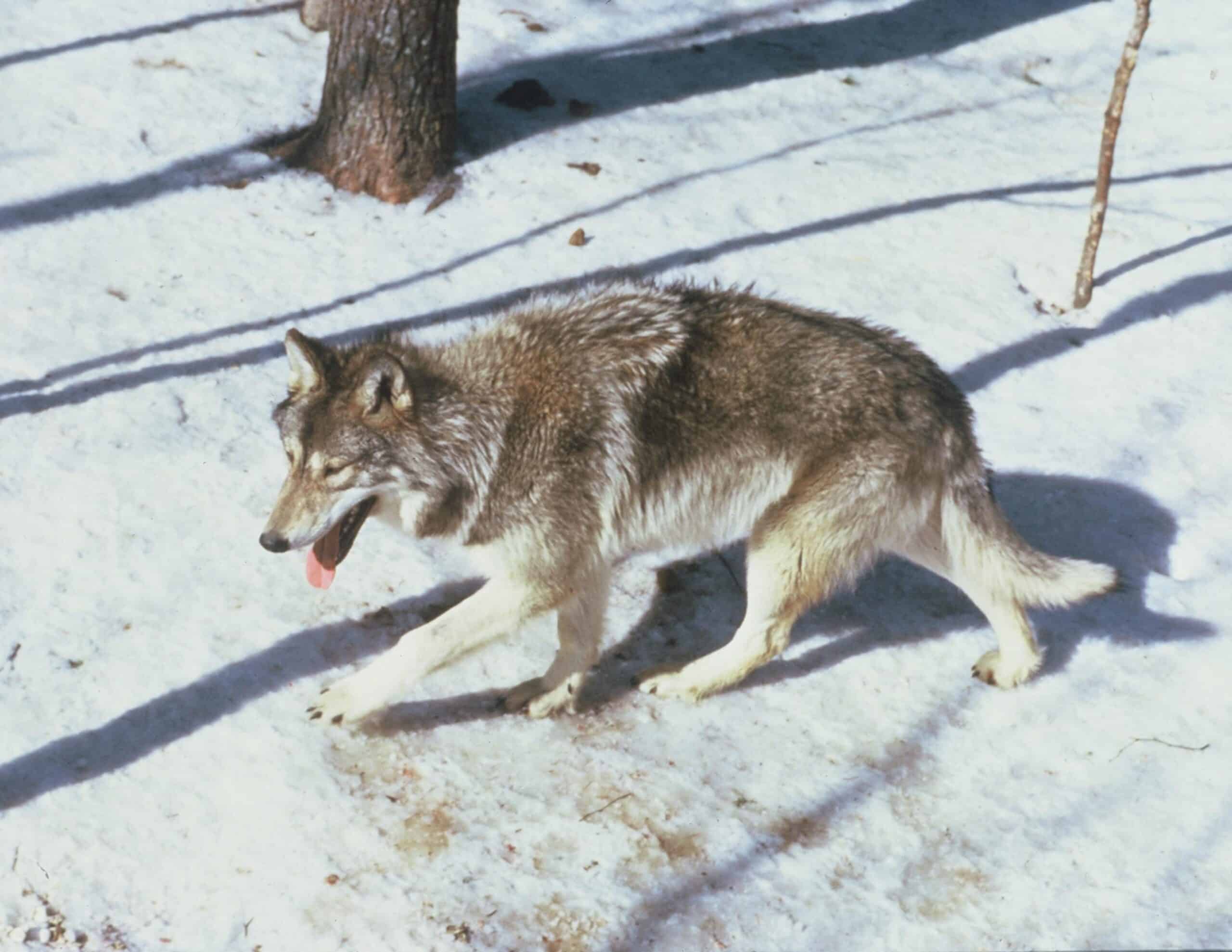
Gray wolf recovery brings new management challenges
Scientists suggest creating zones for different types of gray wolf management

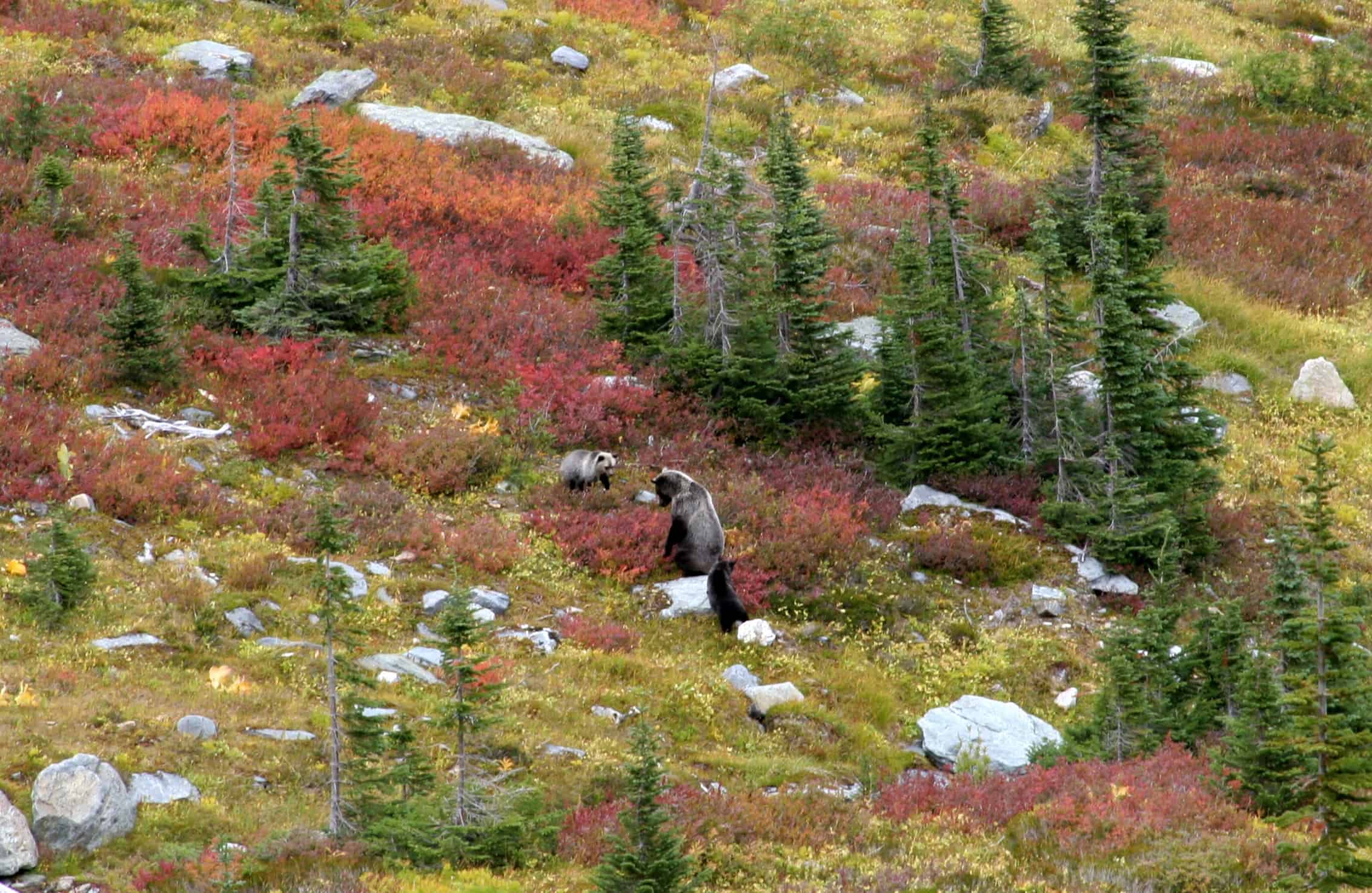
WM: Roads and food sources important for grizzly success in B.C.
Managers can close roads in the backcountry to benefit grizzlies but leave others open for recreation
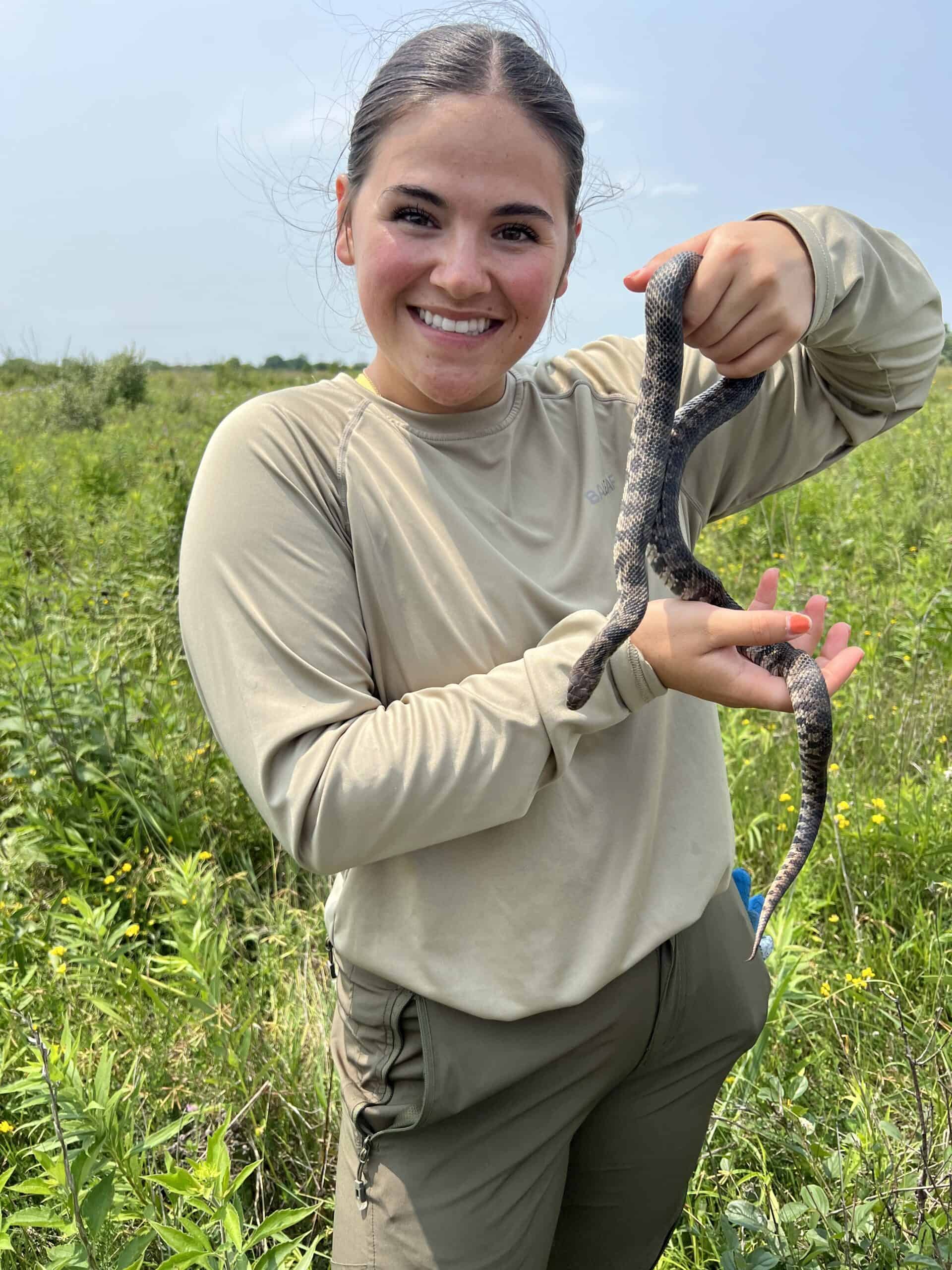
Native American Research Assistantship student heads to UN forum
Tanikwah Lang will attend the Biannual UN Global Indigenous Youth Forum
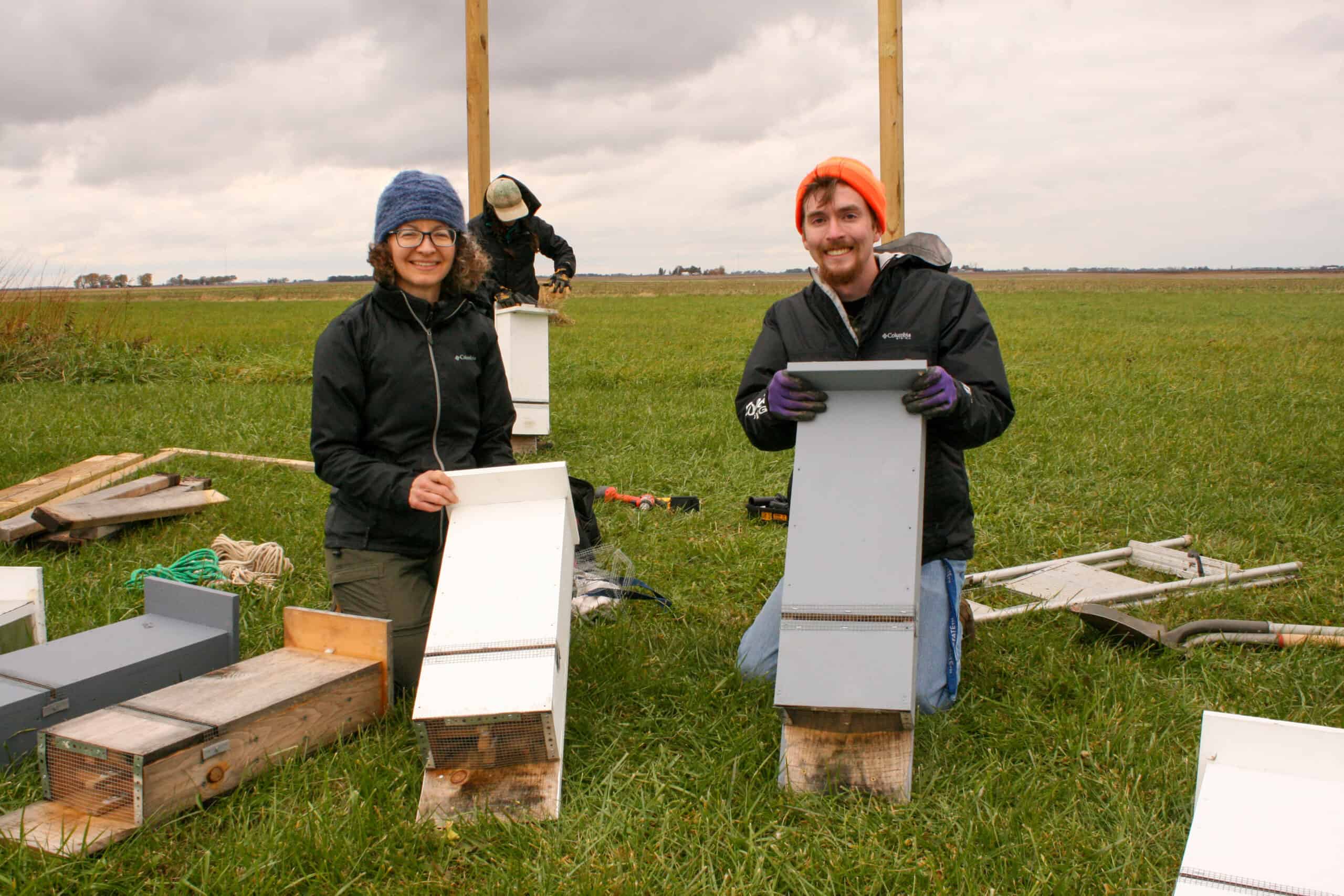
Building a better bat box
Artificial bat roosts have downsides, but some tweaks can improve them

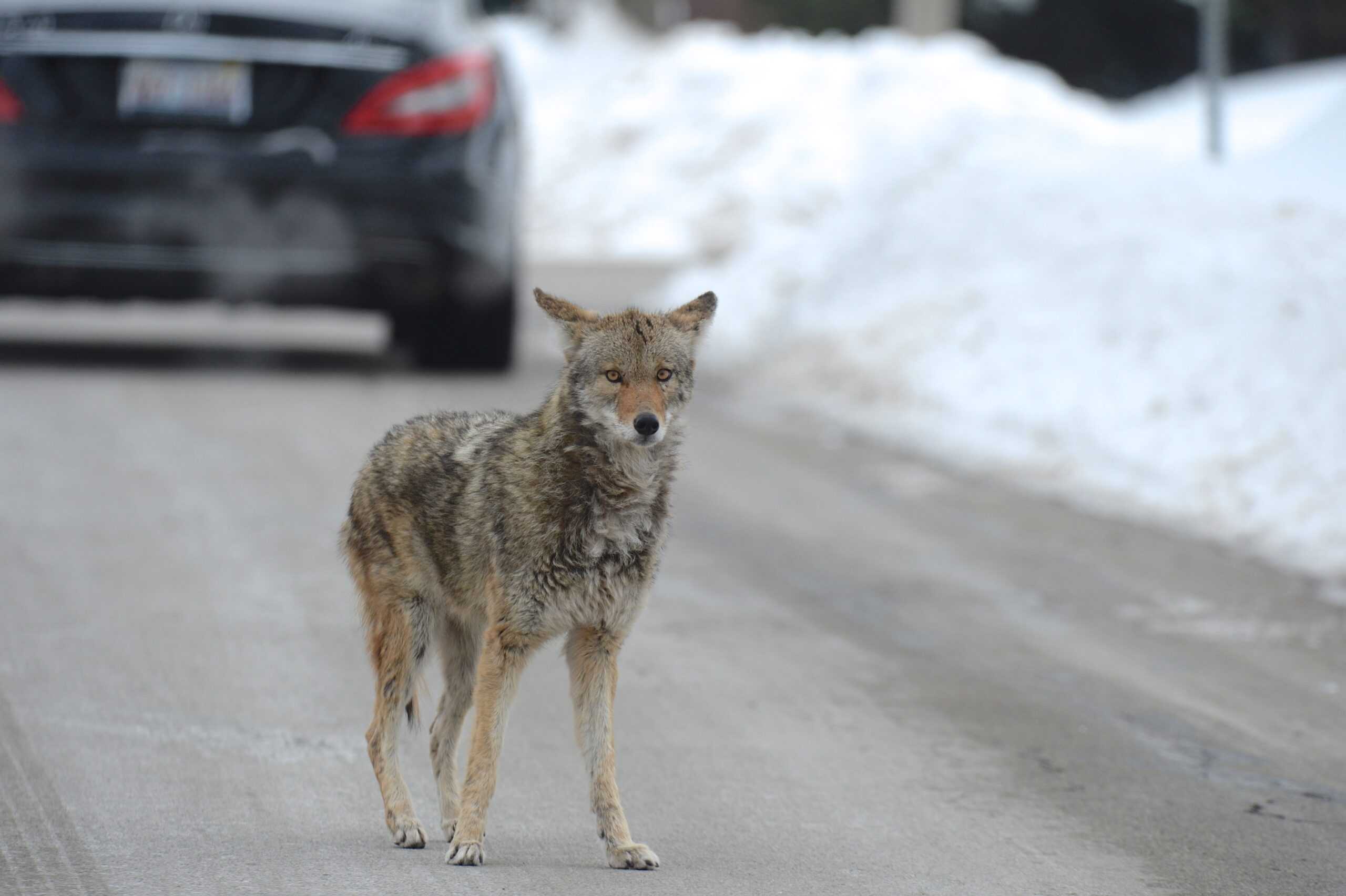
Coyotes face the stress of the city
Pack position and physical health also influenced cortisol levels
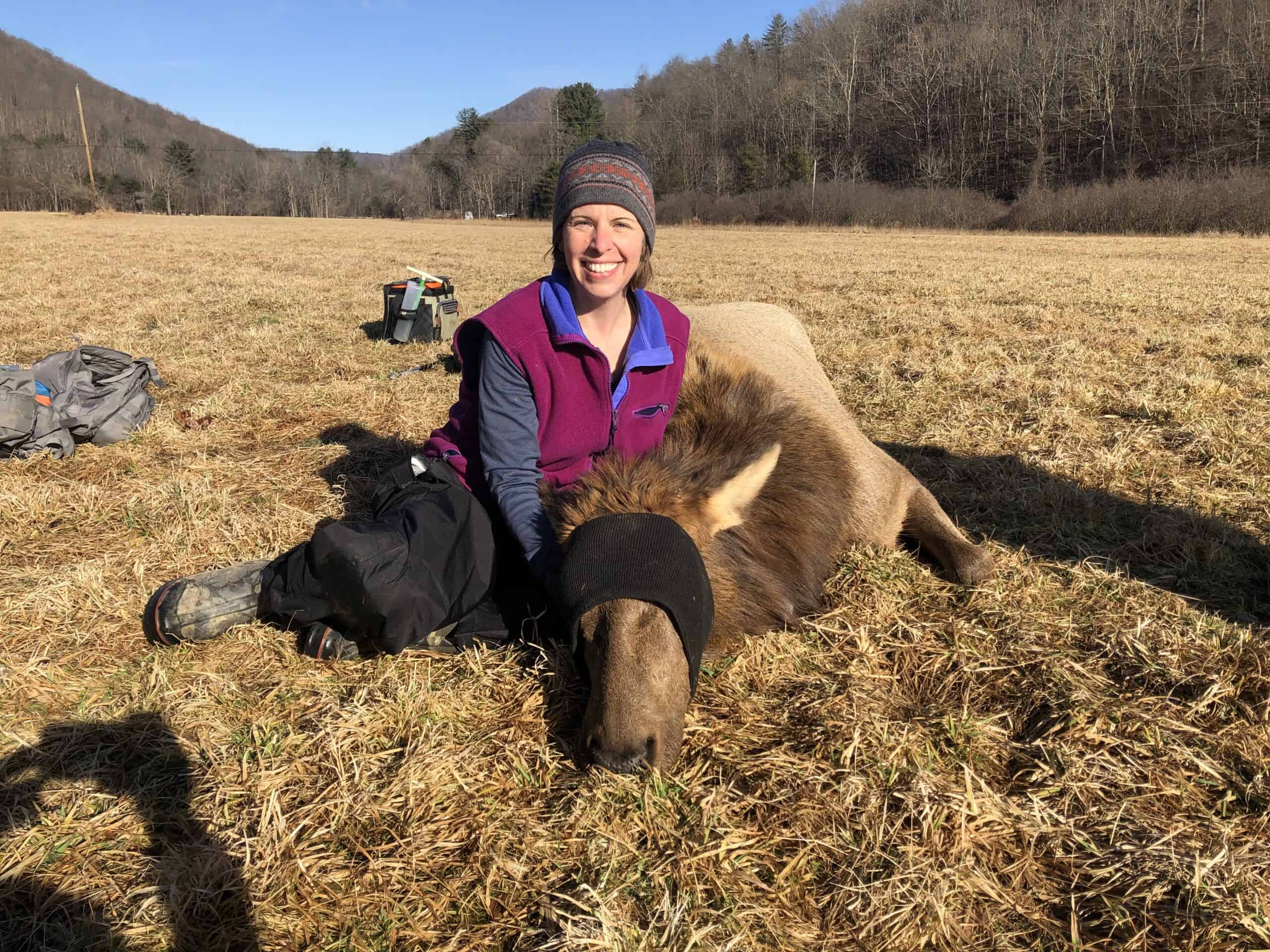
TWS Award: Two wildlifers recognized for their service to the wildlife field
Seth Magle and Jeannine Fleegle earned the Special Recognition Service Award this year
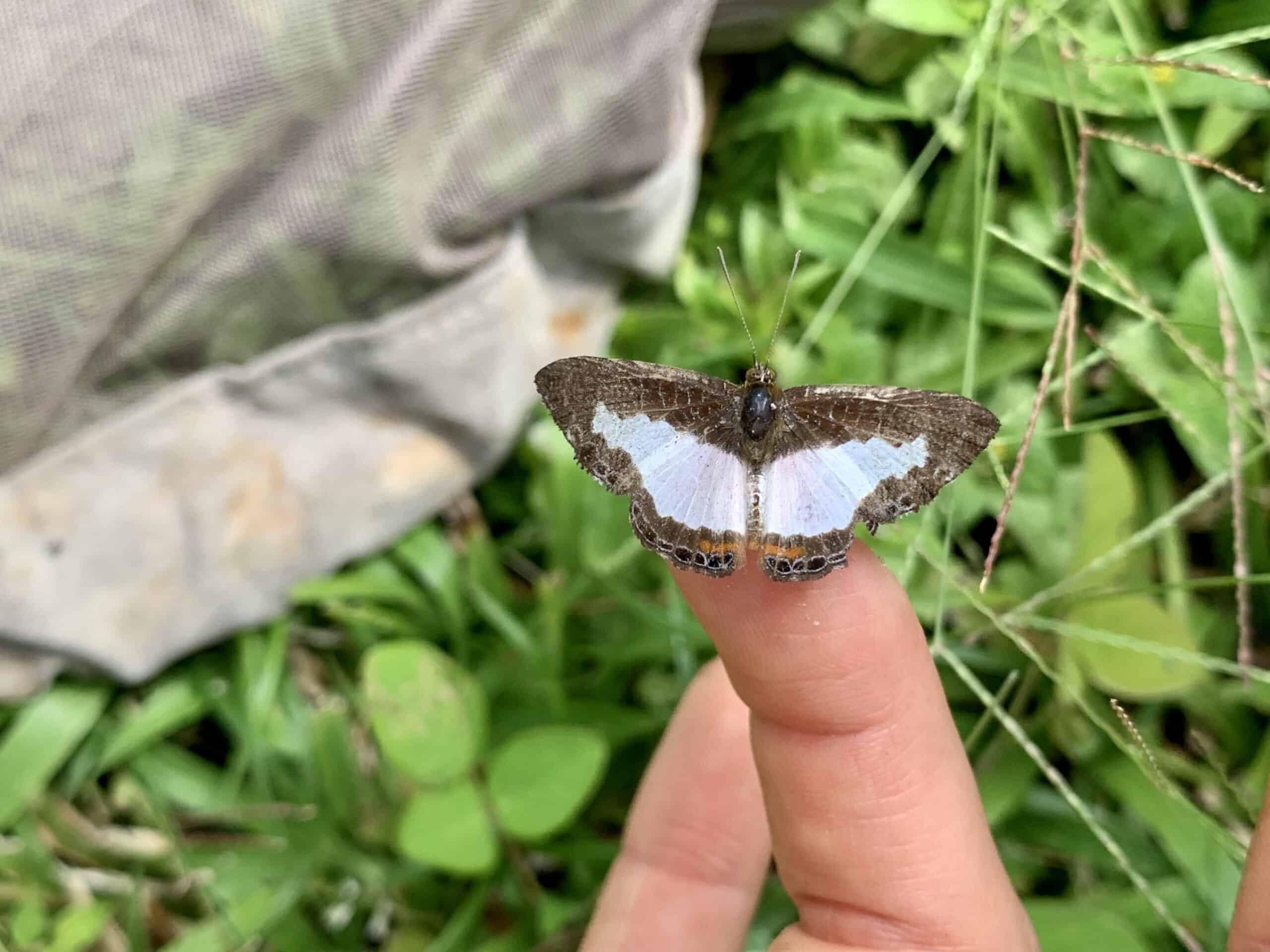
Pale, small winged butterflies can’t take the heat
When it comes to enduring climate change, some butterflies may perform better



